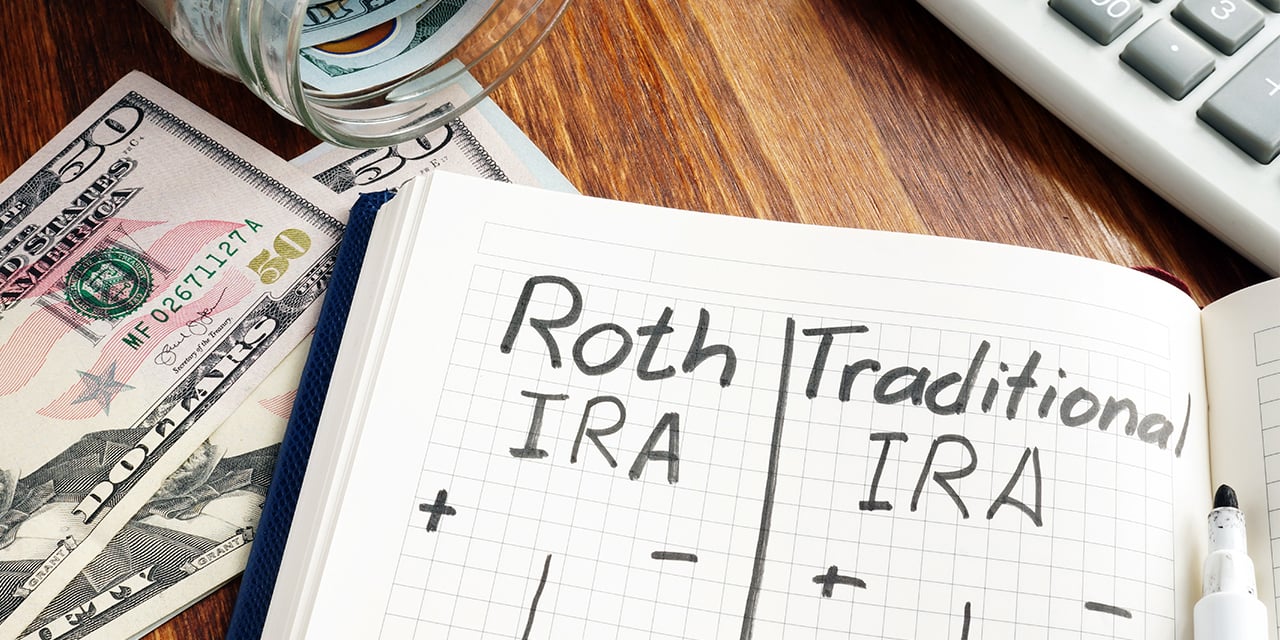
The COVID-19 Stimulus Bill: How It Affects You
The massive $2 trillion CARES (for Coronavirus Aid, Relief and Economic Security) Act, passed by Congress on March 27, 2020, is intended to bolster an economy ravaged by the effects of COVID-19. In addition to direct payments and loans for both individuals and businesses, there are also several provisions dealing with your financial and tax planning, both now and into the future.
Here are some key aspects of the bill that you may be able to take advantage of:
Extended Tax Filing Deadlines
The IRS has extended the filing and payment deadlines for the 2019 tax year; all returns as well as any payments with an original due date of April 15, 2020, have been extended until July 15. If you’re expecting a refund, though, you should still file as soon as possible, since the Treasury Department will continue to issue refunds as quickly as is practical.
The new deadlines also apply to contributions to a Traditional IRA, Roth IRA, SEP IRA or HSA.
If you have to make estimated tax payments for the 2020 tax year, they are still due on the original due dates, except for the first quarter payment. The remaining ones are due June 15, September 15, and January 15, respectively.
Cash Payments for Individuals
To provide relief for American households, the Act offers the following:
- Individuals will get a rebate equal to the sum of $1,200 ($2,400 for a joint return) plus $500 per qualifying child. These will likely be provided in the form of direct deposit or check by mail, based on your 2019 tax return. If you haven’t yet filed a 2019 return, the IRS will use your 2018 return. If you are a social security recipient who did not file a return, the rebate will be issued based on your 2019 Social Security information.
- The payment will be reduced by 5% of your adjusted gross income that exceeds $150,000 for joint returns, $112,500 for head of household returns and $75,000 for single returns. That means it is completely phased out at an AGI of $198,000 or more for married filers and $99,000 or more for single filers.
- If you’ve lost your job, the federal government will provide unemployed workers an extra $600 a week for four months, in addition to your state benefits.
Temporary Suspension of Required Minimum Distributions (RMD)
The CARES Act allows for a one-year waiver in required minimum distributions (RMDs) for defined contribution plans under 403(a), 403(b), IRAs and section 457 plans. RMDs are based on the prior year-end balance in your account, and both the market and plan balances were at near-record levels as of December 31, 2019. Given the drop in the market, that means the amount you would have been required to take out could represent a sizable portion of your IRA today. This change gives taxpayers a chance to let their IRAs recover.
In addition, inherited IRAs or retirement plan accounts required to be depleted within five years can skip the 2020 year, essentially extending the required timeframe to six years.
Coronavirus-Related Retirement Plan Distributions
If you need to dip into your retirement savings to help get through these times, the CARES Act waives the 10% penalty on early distributions for 2020 coronavirus-related purposes, up to a maximum of $100,000. This applies not only if you or your spouse or dependent is diagnosed with COVID-19, but if you experience financial difficulties as a direct result of COVID-19. This can be due to being quarantined, furloughed, laid off, having work hours reduced, being unable to work due to a lack of child care, or having the hours of your business curtailed.
The distribution would be included in your taxable income over three years, unless you elect to include the full amount this year. Or, if you can repay the distribution amount to an eligible retirement plan within three years, the distribution will be treated as a rollover contribution (a non-taxable event).
Qualified Plan Loans
The amount you can borrow from your retirement plan is temporarily increased to either $100,000 or 100% of the vested account balance, whichever is less. That’s up from $50,000 and 50%, respectively. This will be in effect for 180 days, starting on March 27, when the act was enacted. If an existing retirement plan loan comes due between March 27 and December 31, 2020, you have a one-year extension to pay it.
Here's how that might work: If you want to take a loan against your 401(k) plan on May 1, 2020, you can take up to $100,000 of the vested balance and have five years to pay the balance back. If you already have an outstanding 401(k) loan due on June 1, 2020, you can extend the due date to June 1, 2021.
Charitable Deductions
Even if you don’t itemize deductions, you can take an above-the-line deduction of up to $300 for charitable cash contributions made to 501(c)(3) organizations on your 2020 tax return. If you can itemize deductions on your 2020 return, the 60% adjusted gross income limitation for charitable contribution deductions is suspended, letting you deduct as much as 100% of your 2020 adjusted gross income.
Deducting Business Losses
The CARES Act allows you to once again use business losses to claim refunds on your returns, suspending some of the provisions in the Tax Cuts and Jobs Act of 2017. Excess business loss limitations and the limitation on offsetting business losses against non-business income are retroactively suspended for the tax years 2018 through 2020. If you had a loss-producing business or investments in those years, you may want to consider amending your 2018 and 2019 returns. Contact your tax advisor for more information.
Impact on Small Business
There are also several provisions intended to address small businesses:
- Employers who have fully or partially closed their business due to the COVID-19 lockdown, or whose gross receipts declined by more than 50% when compared to the same quarter in the previous year, are eligible for a refundable credit against payroll taxes equal to 50% of qualified wages paid to employees. Depending on the number of workers employed, the credit is limited to $10,000 of wages per employee for the period of March 13 through December 31 and must be reduced by any credits claimed under the Families First Coronavirus Response Act.
- The Payroll Protection Program (PPP) provides federally guaranteed loans to small businesses with no more than 500 employees, as well as sole proprietors, independent contractors, and other self-employed individuals. UPDATE: Only 13 days after the PPP was initiated, the $349 billion allocated to the program was completely exhausted. In an amendment signed into law by President Trump on April 24, 2020, an additional $310 billion was allocated to the program, of which $60 billion was designated for lenders with less than $50 billion in assets.
- Employers with fewer than 500 employees are required to provide paid sick leave or family leave to employees forced to stay home due to quarantining, caring for a family member or caring for a child whose school or daycare location is closed. Employers will be eligible for a refundable credit against the payroll portion of the tax on the qualified paid sick leave and qualified family leave.
All told, the CARES Act offers many ways to get relief in these difficult times, and Baird is here to help you navigate them. If you have any questions about how you can best use these new regulations, call your Baird Financial Advisor.
The information offered is provided to you for informational purposes only. Robert W. Baird & Co. Incorporated is not a legal or tax services provider and you are strongly encouraged to seek the advice of the appropriate professional advisors before taking any action. The information reflected on this page are Baird expert opinions today and are subject to change. The information provided here has not taken into consideration the investment goals or needs of any specific investor and investors should not make any investment decisions based solely on this information. Past performance is not a guarantee of future results. All investments have some level of risk, and investors have different time horizons, goals and risk tolerances, so speak to your Baird Financial Advisor before taking action.


